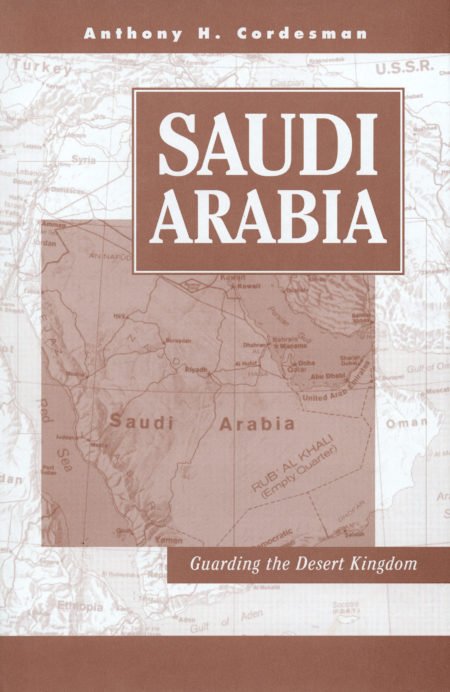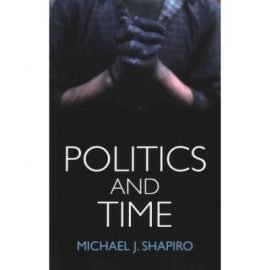Description
Saudi Arabia: Guarding The Desert Kingdom
Saudi Arabia: Guarding The Desert Kingdom: Since the Gulf War, Saudi Arabia’s tenuous security situation has been altered by an ongoing U.S. presence. This volume provides detailed analysis of the state of the Saudi economy and military forces, its growing internal security problems and the stability of its regime, and its reliability as an energy exporter.
Anthony H. Cordesman is currently a senior fellow and codirector of the Middle East Program, and director of the Middle East Program at CSIS, a military analyst for ABC News and adjunct professor of national security studies at Georgetown University. He has served in senior positions in the office of the secretary of defense, NATO, and the U.S. Senate.
This volume is part of an ongoing dynamic net assessment of the Gulf. The project was conceived by David Abshire and Richard Fairbanks of the Center for Strategic and International Studies and focuses on the foreign policy, military forces, politics, economics, energy sector, and internal security of each Gulf state, and US strategy and power projection capabilities in the Gulf. Separate volumes are available on Kuwait, Iran, Iraq, Saudi Arabia, and US forces. Bahrain, Oman, Qatar, and the UAE are combined into a single volume.
Each of these volumes is interlinked to provide comparable data on the current situation and trends in each country, and to portray the overall trends in key areas like economy and the military balance. The volume on Iran provides a detailed graphic overview of the military trends in the region, but each volume shows how the key economy and military developments in each country relate to the developments in other Gulf countries.
At the same time, this series deliberately emphasizes nation-by-nation analysis. Iran and Iraq clearly deserve separate treatment. The Southern Gulf states are largely independent actors and are driven by separate strategic, political, economic, and military interests.
In spite of the creation of the Arab Gulf Cooperation Council (GCC), there is little practical progress in strategic, economic, or military cooperation, and there are serious rivalries and differences of strategic interest between Bahrain, Kuwait, Oman, Qatar, Saudi Arabia, and the UAE. The Southern Gulf cannot be understood in terms of the rhetoric of the Arab Gulf Cooperation Council or by assuming that developments in Bahrain, Kuwait, Oman, Qatar, Saudi Arabia, and the UAE are similar and these states have an identity of interest.
These Gulf studies are also part of a broader dynamic net assessment of the Middle East, and a separate study is available of the trends in the Arab-Israeli military balance and the peace process. See Anthony H. Cordesman , Perilous Prospects, Boulder, Westview, 1996.
Anthony H. Cordesman . . .

 العربية
العربية  English
English 



